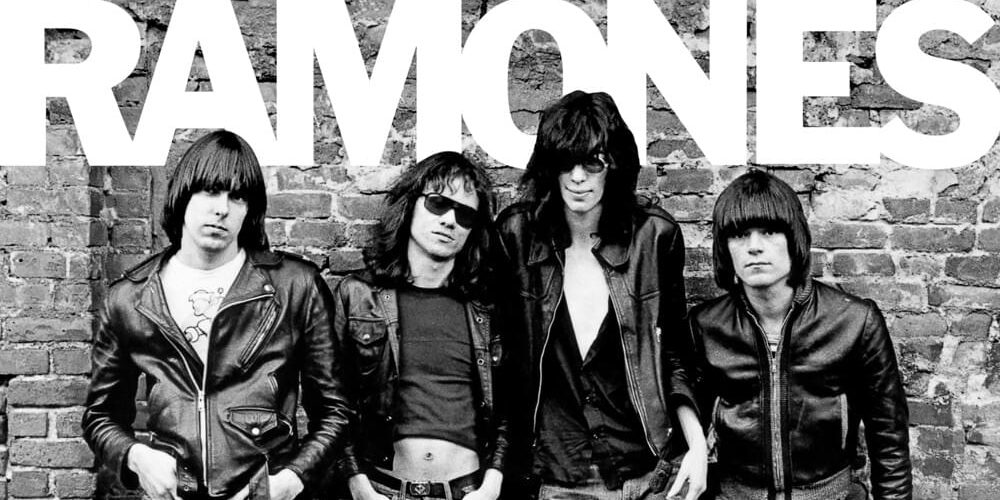Standout Pieces: “One For the Road,” “Fireside,” “Why’d You Only Call Me When You’re High,” “Snap Out of It,” “I Wanna Be Yours”
Grade: A
The Sheffield-based, British indie-rock Arctic Monkeys have been critically acclaimed since their 2006 debut album, Whatever People Say I Am, That’s What I’m Not, released in 2006, which became the fastest selling album in British music history. The four piece, composed of vocalist Alex Turner, guitarist Jamie Cook, bassist Nick O’Malley, and drummer Matt Helders, went on to release Favourite Worst Nightmare in 2007, Humbug in 2009, and Suck It and See in 2011.
Their fifth and latest album AM encompasses the energy of their initial two albums, while maintaining a slightly more stripped-down and experimental sound similar to Humbug and Suck It and See. The LP starts off with “Do I Wanna Know,” led by Turner’s vocals and featuring a simple, hammering drum beat with a spiffy guitar riff and heavy bass prominence. “R U Mine” begins with a touch of classic Arctic Monkeys, with a head-banging drum track and a verse that seamlessly flows into the chorus.
 “One For the Road” is peppered at the beginning with quick, staccato guitar notes, with a dark bass whirring throughout the verses and chorus complemented by the words “one for the road” throughout. By the end, however, the drums gain more complexity, and the ambience surrounding the piece makes it feel like it has just emerged out of the dark and into the light. “Arabella” again features staccato guitar and heavy bass, along with a nostalgic, ‘80s style chorus. “I Want It All” is built upon group vocals, funk-style guitar chords, and a retro guitar solo in the bridge, with deviations in the sounds of the first and second verses allowing it to achieve a unique feel.
“One For the Road” is peppered at the beginning with quick, staccato guitar notes, with a dark bass whirring throughout the verses and chorus complemented by the words “one for the road” throughout. By the end, however, the drums gain more complexity, and the ambience surrounding the piece makes it feel like it has just emerged out of the dark and into the light. “Arabella” again features staccato guitar and heavy bass, along with a nostalgic, ‘80s style chorus. “I Want It All” is built upon group vocals, funk-style guitar chords, and a retro guitar solo in the bridge, with deviations in the sounds of the first and second verses allowing it to achieve a unique feel.
“No. 1 Party Anthem,” which would initially seem like an upbeat stadium-rock piece by its title, is actually a slow ballad, where Turner’s soft voice is accompanied by the piano. Similarly, “Mad Sounds” is a soft vocal feature, with small layers of sounded added throughout to give it a sense of progression; these two tracks play upon the perceptions of the listener, for by looking at the name of the song, (s)he would have a completely different idea of what the piece sounds like than what it actually does.
“Fireside” brings the album out of its soft phases, with a Caribbean-rock soundscape created by the pattern of the toms on the drum set, the steady beat of the tambourine, and the rhythmic chords of the guitar in the backdrop. “Why’d You Only Call Me When You’re High” has a heavy bass line, simple drum beat, more prickly staccato guitar, and catchy vocal work by Turner.
“Snap Out of It” is heavily reminiscent of notable English rock band Oasis, with correlating piano, bass, and guitar quarter notes ringing throughout the song with triplet drum cadences at the end of phrases. “Knee Socks” has a catchy bass line, with a guitar accent at the end of every few measures complementing the drums and bass.
The final track of the album, “I Wanna Be Yours” works in apposition with the second song on the LP, “R U Mine,” and starts out with Turner’s quirky metaphors for love, including a vacuum, a car, and a coffee pot, built over a simple reverberating drum beat and guitar chords. The piece, like others throughout the album, is built up with sounds throughout until it reaches its climax at the end.
AM takes a small set of motifs, such as heavy basses and simple drum beats, and builds upon them to create a set of songs, some of which sounds similar, others drastically. It is a progression of Arctic Monkeys’ previous albums, and serves as a feat both within the context of their musical history and within rock music of the last decade.





